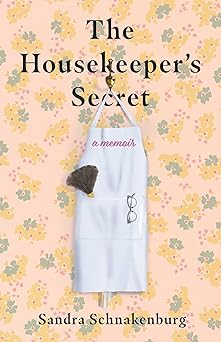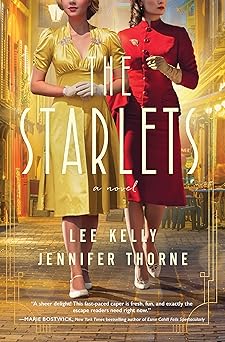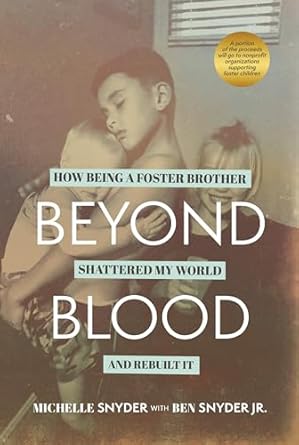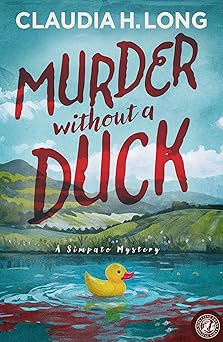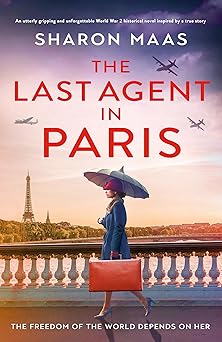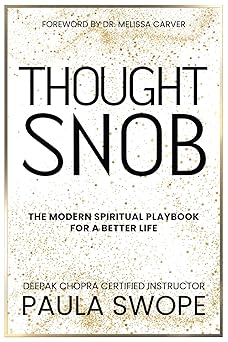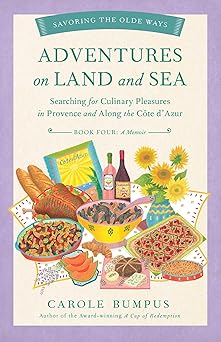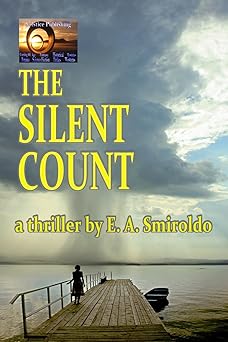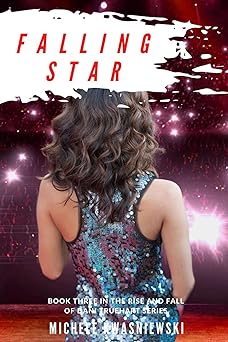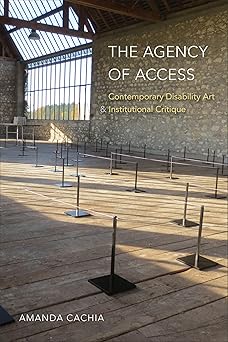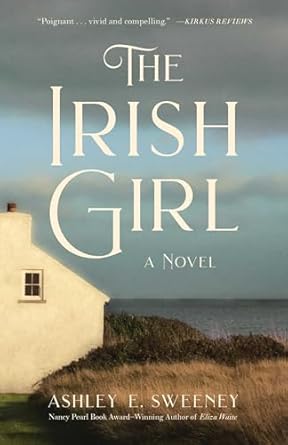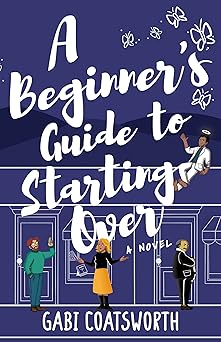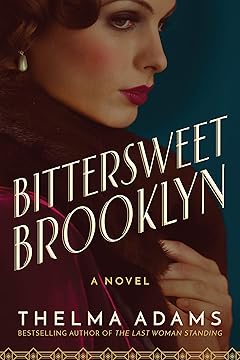Finding Cecily
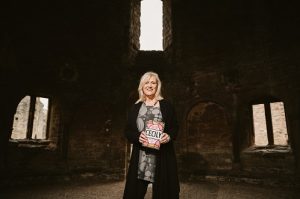
SOUTH COPYRIGHT SHROPSHIRE STAR JAMIE RICKETTS
Finding Cecily
I can’t remember not being able to read. I know Mum taught me, long before school started. It wasn’t that she was a pushy mother. Just that she loved stories and wanted to give me a key to unlock them. We soon left children’s books behind. By 10 or so I’d just read whatever she was reading. Catherine Cookson for a long time, I remember. Indomitable working class women overcoming adversity through relentless effort, sustained only by thick black tea.
It was an authorial indicator of rare good times if there was a penny to spare for sugar. In my mind’s eye I see those women still; tight jawed, sleeves rolled, ploughing up cobbled streets in defence of their families. Towering matriarchs, every one.
When it wasn’t gritty family sagas, it was romantic histories. Jean Plaidy, Georgette Heyer, you know the drill. When Dad was on nightshift we’d curl up in her bed and read long into the night, turning page after page to find out whether Lady this, or Queen that would find freedom, or justice, or peace or, well, love mostly, if I’m honest. We’d fall asleep with sentimental tears still wet on our cheeks. My mother gifted me with a love of story and an untutored conviction that it and history were two sides of the same coin. Later, I met a history teacher who shared that conviction.
The Manor wasn’t a terribly progressive school back in the 1970s. A secondary modern on a north east council estate it went comprehensive the year I passed the Eleven Plus. It churned out boys for the steelworks. Its girls built telephone exchanges for Siemens. Women’s work. Nimble fingers. We lived across the road, so geography dictated I had to go. Mum wasn’t best pleased. “She should be going to the grammar”. That was one fight Dad wouldn’t back her in. A union man and a socialist. Anyway, she knew he was right. I think so, too.
It worked out well enough. Keith Hill taught history like it happened yesterday, and fanned the story/history flame my mother had lit into a consuming blaze. I think he was just glad to have an interested pupil to be fair, and would rattle on as long as I’d listen. It was The Wars of the Roses for ‘A’ Level and my head was alight with vicious rivalries, breath-taking treacheries, unlikely triumphs, fearful fates. And towering characters! Edward IV, the golden boy who hacked his way to the throne.
Earl Warwick, king-maker and traitor. Hapless Henry Six, the mad heir of Agincourt. And the women too. Marguerite of Anjou, who put on armour and rode at the head of an army. Elizabeth Woodville, the widow who denied the king her body till he married her to get it.
“So why do you think she did that?” Keith Hill would ask. “What was in his mind when..?” My final exam mark wasn’t that impressive. I was a bit woolly on dates, but very strong on character motivation.
The stand out figure for me then was Richard III. The hunchback, the tyrant, the child-murderer. I was about to write him off. “Was he though?” Keith Hill asked, eyes closed, leaning back in his chair. “Who says?” That was the moment when the story/history penny decisively dropped.
The past, I realised, isn’t fixed or definitive. It’s the raw material of story, open to interpretation, investigation, retelling. “Read that,” he said, and Rosemary Hawley Jarman’s novel We Speak No Treason flew across the desk. It had me from page one and gave me a new Richard. Not a tyrant, just a man making hard decisions in tough times. The his/story Shakespeare didn’t write.
Now. Shakespeare. There’s another thing. Keith Hill had his match in Bob Martin, the English teacher. The set text was King Lear, but it was hard to keep him to the point. He’d come into class glassy-eyed and say, “Now, I was reading Othello last night, listen to this.” And the hour would pass in Desdemona’s bedroom, or Lady Macbeth’s hall, occasionally on the blasted heath, revelling in language. My classmates would be banging their heads on their desks. My head was reeling without the need for blows.
It was a perfectly imperfect education. I left knowing that whatever happened next, story would be my sustaining tea; language my penn’orth of sweetness.
When I left school I’d imagined I’d one day write a novel about Richard III. In honesty though, long before he emerged from a Leicester carpark in 2012, my interest had shifted. Richard’s life is entwined with those of many strong women and the best of them was his mother. Cecily lived through 80 years of tumultuous history. She mothered kings, created a dynasty, brought her family through civil war. She met with victory and defeat and, in face of all, lived on. Last woman standing.
It was the 1990’s by this time. I was in my thirties, heading up European communications for an American multinational. I remember no other women at my managerial level, few enough in the company. Learning first-hand how women exercise power in environments dominated by men, I felt Cecily getting closer. Within a few years I’d leave to set up my own business, which I ran for 20 years. But I’d made myself a promise. For now I had to make my way in the world. Once that was done, I’d write Cecily’s story. I set myself a target. At age 55 I’d stop work. I’d write.
 So, in 2017 I stopped work and started a creative writing MA at Warwick and gave myself two years to bring Cecily to the page. At the same time – serendipity – the historian Joanna Laynesmith, published a biography of Cecily. I read it and begged her to have lunch. I compared what I’d long suspected about Cecily to what she knew. Matched my storyteller’s intuition to her meticulous scholarship.
So, in 2017 I stopped work and started a creative writing MA at Warwick and gave myself two years to bring Cecily to the page. At the same time – serendipity – the historian Joanna Laynesmith, published a biography of Cecily. I read it and begged her to have lunch. I compared what I’d long suspected about Cecily to what she knew. Matched my storyteller’s intuition to her meticulous scholarship.
The shadow figure of Cecily came into focus. Here was a woman who knew how to operate in a man’s world. Cecily not only lived through seismic political and historic events; she shaped them. A lifelong dynast, she engineered her husband’s bid for the throne and, when that failed, her son’s. She was brazen enough to maintain a cordial exchange of letters with Henry VI’s queen while planning a rebellion.
Bold enough when defeated to barter for her children’s future with an enemy king. In the aftermath of her husband’s death her home that became the centre of Yorkist planning as her son fought his way across England to claim his crown. And when he left the city to fight again, he had the good sense to leave management of his kingdom in no one’s hands but hers.
I could see her clearly now, at last. Striding the 15th century’s corridors of power with her sleeves rolled up, defending her own against all comers. Here was my matriarch.
I spent my childhood in Richard III country. Today I live in Cecily country, close to the Welsh border, and to Ludlow castle where she and Richard’s father ruled supreme and where, on the darkest of days, she faced down an army alone. I go there often, stand on the castle steps as she did and imagine her enemies coming up through the town, bladed and bloody. I square my shoulders, lift my chin. Let them come.
—
Annie Garthwaite grew up in a working-class community in the north-east of England. She studied English at the University of Wales before embarking on a thirty-year international business career. In 2017 she returned to her first love, books, and set out to write the story of a woman she had always felt drawn to: Cecily Neville. This became her debut novel, Cecily. Follow Annie on Twitter and Instagram or sign up for news at www.anniegarthwaite.com.
Twitter https://twitter.com/anniegarthwaite
Insta https://www.instagram.com/anniegarthwaite/
 ‘Rebellion?’
‘Rebellion?’
The word is a spark. They can start a fire with it, or smother it in their fingertips.
She chooses to start a fire.
You are born high, but marry a traitor’s son. You bear him twelve children, carry his cause and bury his past.
You play the game, against enemies who wish you ashes. Slowly, you rise.
You are Cecily.
But when the king who governs you proves unfit, what then?
Loyalty or treason – death may follow both. The board is set. Time to make your first move.
Told through the eyes of its greatest unknown protagonist, this astonishing debut plunges you into the closed bedchambers and bloody battlefields of the first days of the Wars of the Roses, a war as women fight it.
BUY HERE
Category: Contemporary Women Writers, How To and Tips




